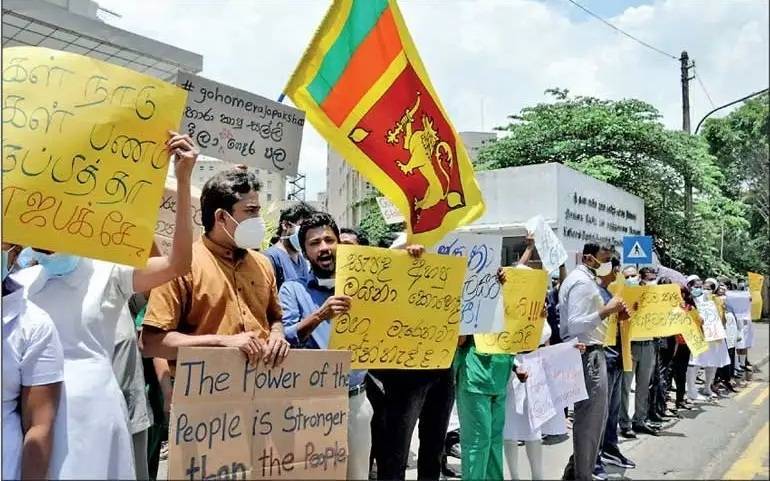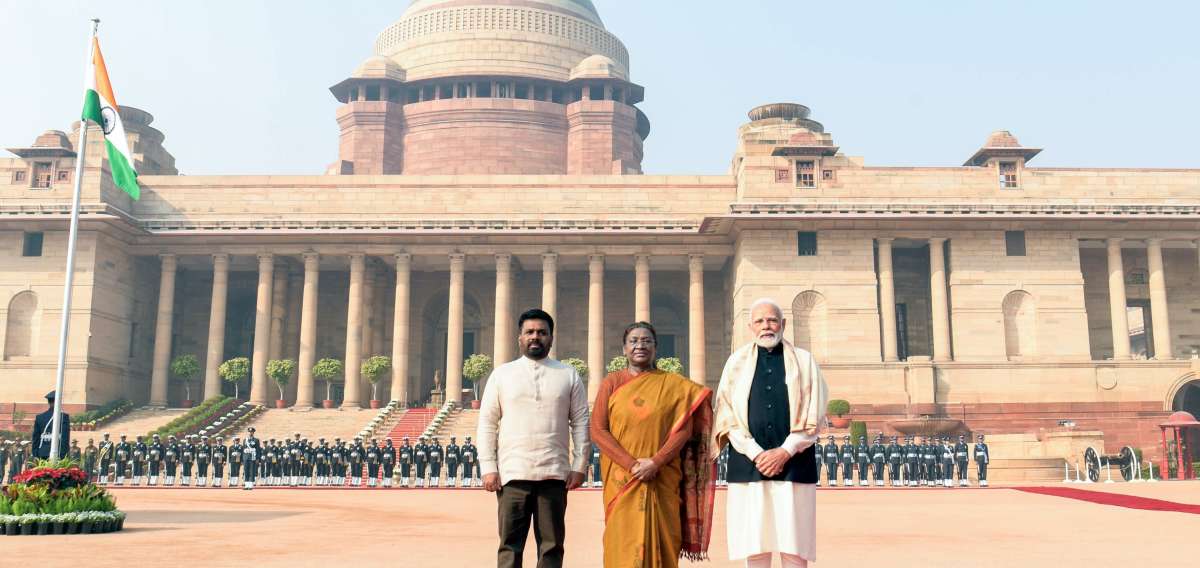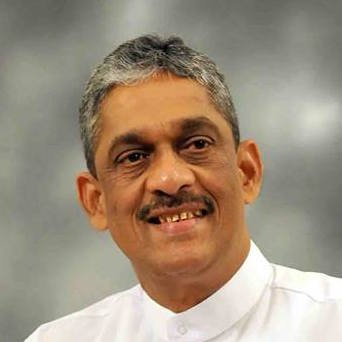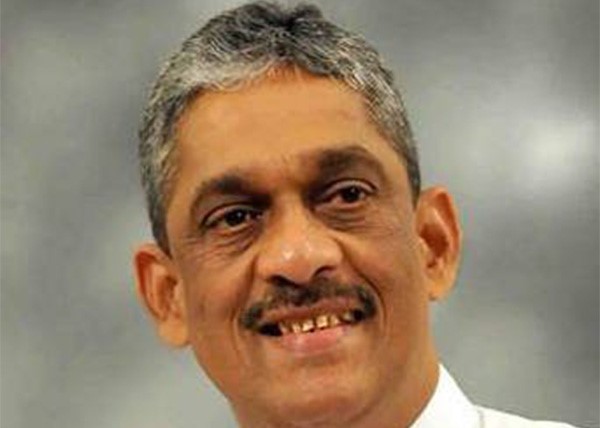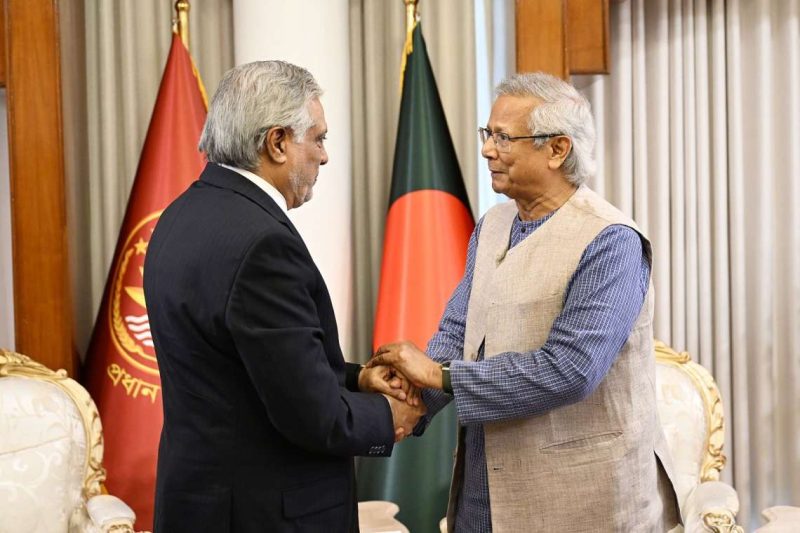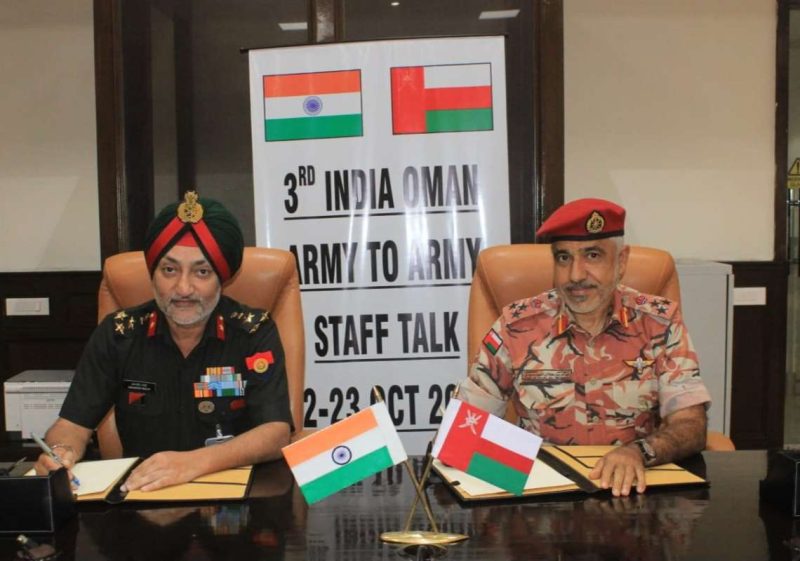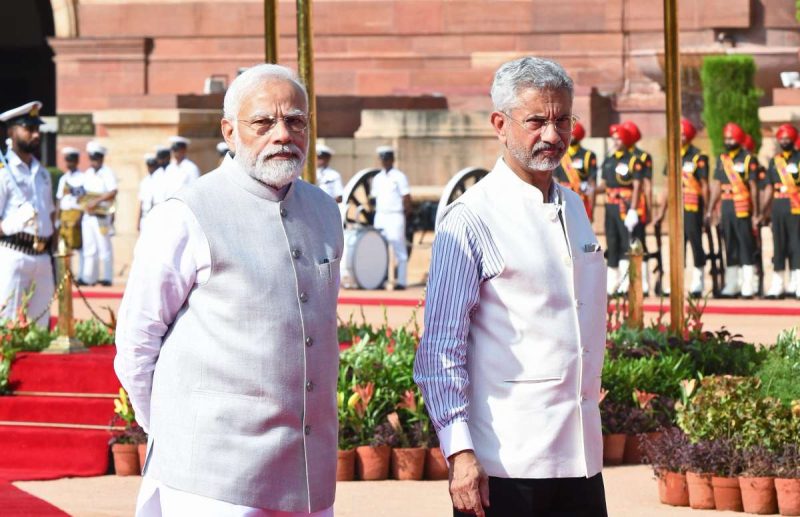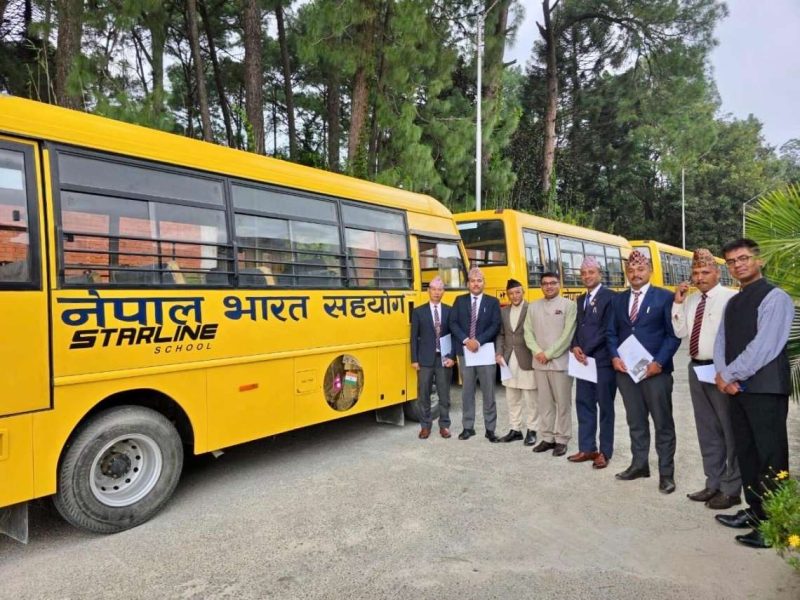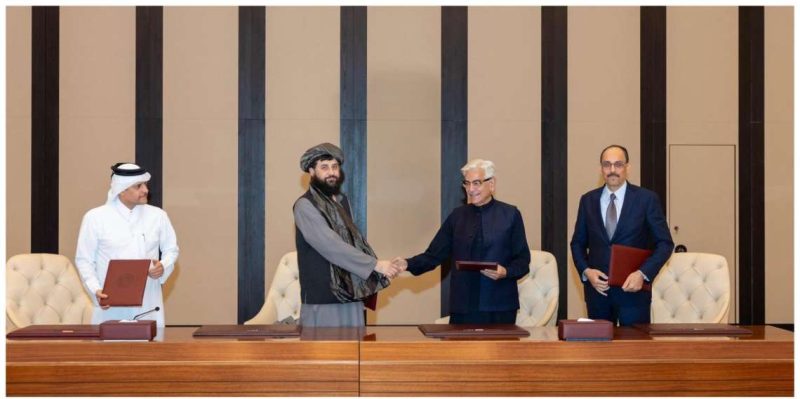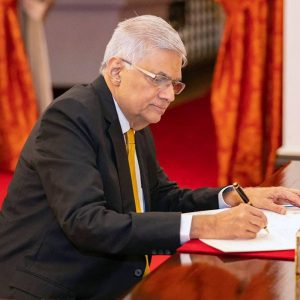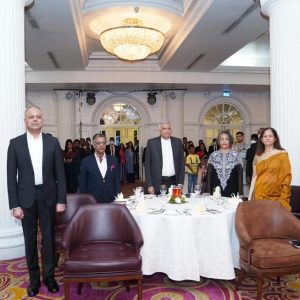The UN report calls on the Government to immediately end the reliance on draconian security laws and crackdowns on peaceful protest…reports Asian Lite News
Sri Lanka’s new Government should embark on a national dialogue to advance human rights and reconciliation, a UN report urged on Tuesday, calling for accountability and deeper institutional reforms to prevent a recurrence of past violations.
According to the UN Human Rights Office of the High Commissioner (OHCHR), the report acknowledges that Sri Lanka is at a critical juncture in its political life, and is in the midst of a serious economic crisis which has severely impacted the human rights of all communities and people of all walks of life. This has spurred broad-based demands by Sri Lankans from all communities for deeper reforms and accountability, and gives the Government a fresh opportunity to steer the country on a new path.
For sustainable improvements to take place, however, it is vital to recognise and address the underlying factors which have contributed to the economic crisis, including embedded impunity for past and present human rights violations, economic crimes and endemic corruption, OHCHR said.
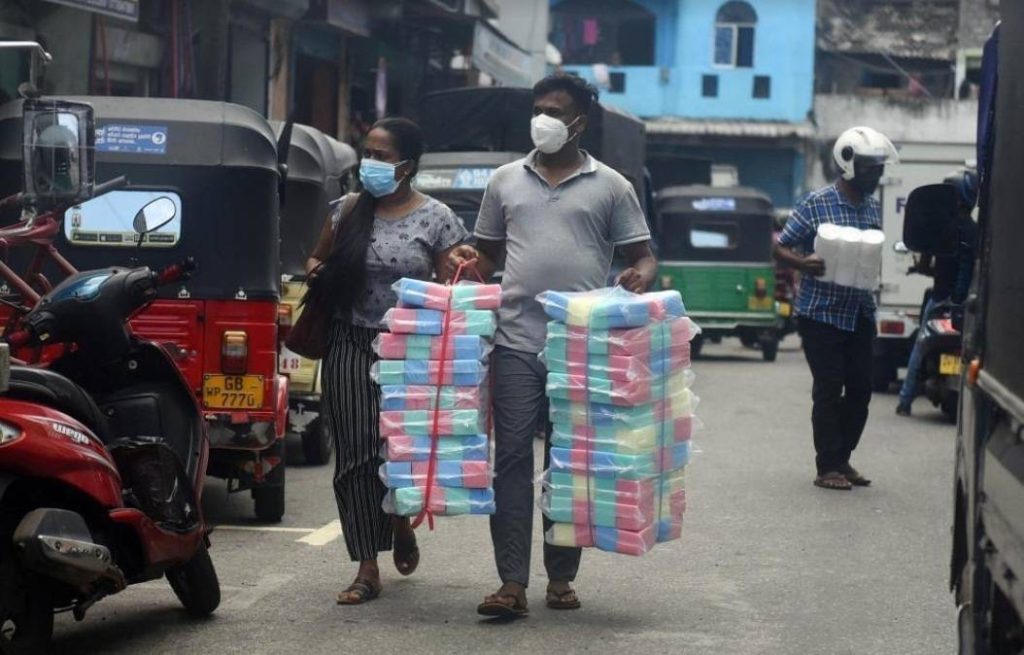
“Fundamental changes will be required to address the current challenges and to avoid repetition of the human rights violations of the past,” said a report of the High Commissioner for Human Rights.
The report calls on the Government to immediately end the reliance on draconian security laws and crackdowns on peaceful protest, reverse the drift towards militarisation and show renewed commitment to, and deliver on, security sector reform and ending impunity.
While the security forces recently showed considerable restraint in response to mass protests, the Government has since taken a harder line approach, arresting some student leaders under the Prevention of Terrorism Act and violently suppressing peaceful protests. A heavily militarised environment and surveillance culture also continue in the north and east of the country.
The report urged the new Government to re-launch a victim-centred strategy on transitional justice and accountability, with a time-bound plan to implement outstanding commitments, including taking steps in relation to the establishment of a credible truth-seeking mechanism and an ad hoc special court.
Expressing concern about the lack of progress to establish the truth about the Easter Sunday bombings in 2019, the report also calls for a follow-up independent and transparent investigation, with international assistance and the full participation of victims and their representatives, to pursue further lines of inquiry.
“The Sri Lankan State, including through successive governments, has consistently failed to pursue an effective transitional justice process to hold perpetrators of gross human rights violations and abuses accountable and uphold victims’ rights to truth, justice and reparations,” the report states.
“Rather, they have created political obstacles to accountability, and actively promoted and incorporated some military officials credibly implicated in alleged war crimes into the highest levels of government.”
In the absence of progress towards accountability at the national level, the report urges other States to cooperate in accountability efforts, including by using available avenues of extraterritorial and universal jurisdiction, to investigate and prosecute crimes under international law committed in Sri Lanka.
Additionally, the report urges States to explore further measures targeting those who are credibly alleged to have been responsible for gross violations and abuses of international human rights law or serious violations of international humanitarian law.
The report outlined the progress of the OHCHR work on accountability, pursuant to Council resolution 46/1, and calls for reinforcement of its capacity.
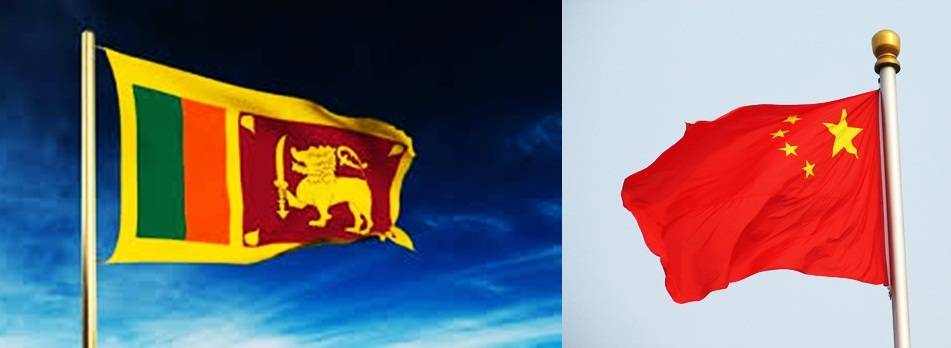
Lanka’s weak regulatory frameworks
As the debt crisis continues to grip the island nation of Sri Lanka, the root cause of problems behind the loans lent by China are weak regulatory frameworks in the country and weak circumspection exercised by politicians and public officials in making decisions, a research media release said.
Media reports partly blame China and its lending practices, for Sri Lanka’s debt crisis, said a Verite Research media release.
It said: The publication titled: “The Lure of Chinese Loans: Sri Lanka’s experiment with a special framework to finance its infrastructure” sheds light on the perils of creating frameworks to facilitate deviations from competitive bidding to tap into concessional export credit from emerging economies such as China, Sri Lanka local daily The Island reported citing the release.
Moreover, the report highlighted that the underlying causes of problems associated with loans taken to finance infrastructure are weak regulatory frameworks in the country and that fixing the country’s procurement regulatory framework and improving independent oversight of the procurement process is essential to prevent irresponsible borrowing, cost overruns, and poor project selection.
In 2010, Sri Lanka introduced a framework that allowed the cabinet to approve the processing of projects that originated as Unsolicited Proposals (USPs) outside the normal competitive bidding process, the Island Mirror revealed quoting the report.
The report also analysed the design and execution of the special framework and found out that the lack of rigour in the evaluation process and the ability of decision-makers to exercise excessive discretion made the framework highly prone to abuse and misuse. The analysis of the Gampaha, Attanagalla, and Minuwangoda Water Supply Project (GAMWS), approved by SCARC, demonstrated the weaknesses of the special framework in practice. The project originated as a USP from China Machinery Engineering Corporation (CMEC) and was awarded to the same company despite having little experience and expertise in similar water projects.
The period of 2010-2016 can be considered the golden era for financing from China, with Sri Lanka receiving USD 5,895 million in loans from China. Over half of these loans (53pc) were realised through projects that were approved by SCARC.
The report’s analysis further revealed inadequacies in the oversight processes to detect and prevent malpractices and lack of accountability emerged as a key factor in contributing to the recurrence of such problems.
Keeping in mind the fragility of Sri Lanka as a smaller country, the Chinese government cultivated relations with the Rajapaksa family by offering expensive vanity projects earlier. Some of the projects are Mattala Rajapaksa International Airport in southern Sri Lanka, which was principally funded by a high interest loan from a Chinese bank and has operated at a loss since it opened. Moreover, under the Belt and Road Initiative (BRI), Chinese investment skyrocketed in the island nation. (ANI)


